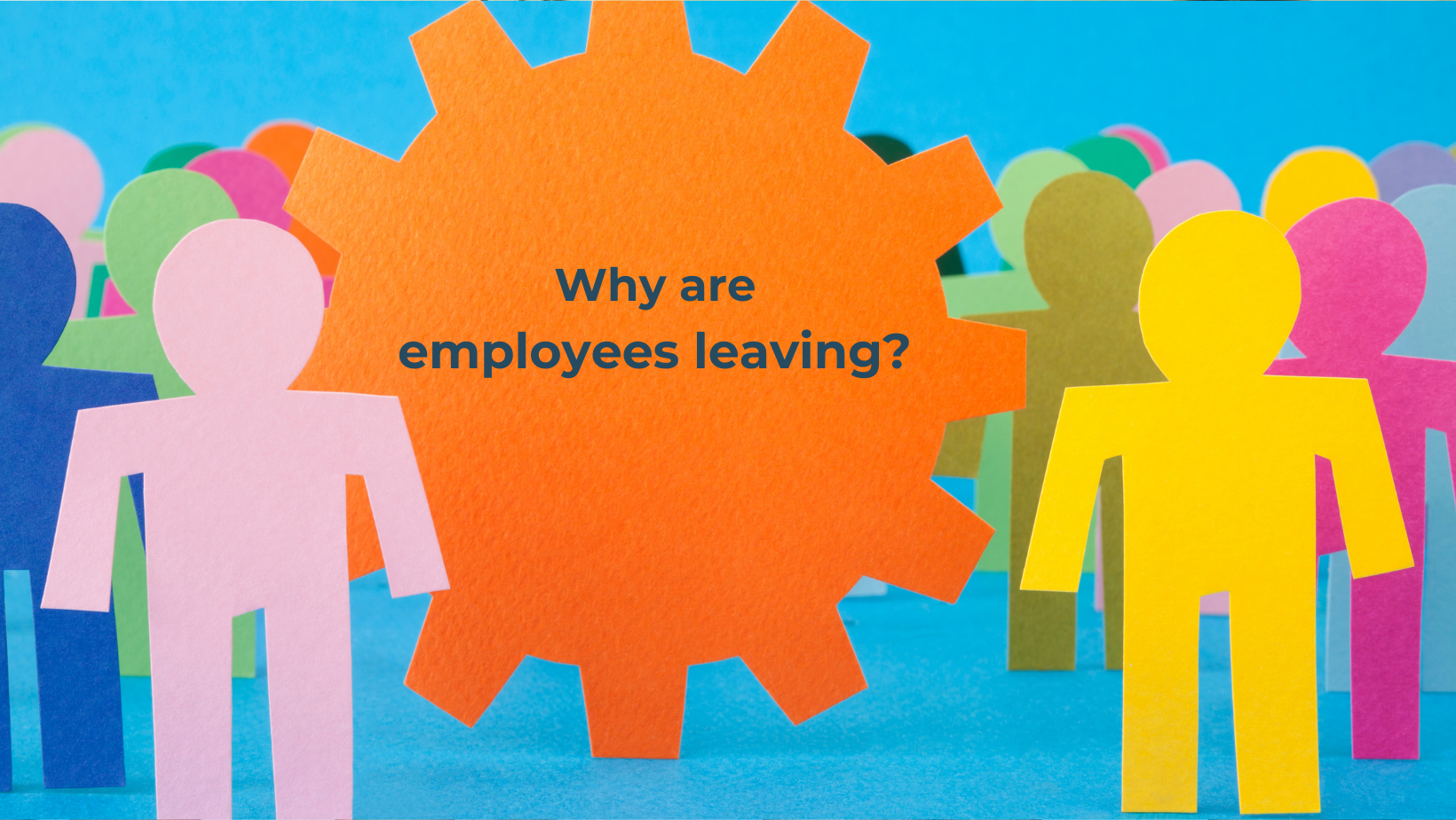A phrase that’s hitting employers’ inboxes at record rates: “Please accept this as my formal resignation.” The Great Resignation continues to top headlines with the number of people quitting jobs hitting an all-time high at the end of 2021. Prior to the pandemic, workers were resigning mainly due to bad management. In fact, a 2018 study found that almost half of employees surveyed quit because of a bad manager. Now, almost three years into the pandemic, the workforce has seen great transformation, and the top reasons employees are walking away from jobs has evolved. Here are three of the top reasons workers are leaving.
A Toxic Work Culture
A toxic work culture can bleed through to every aspect of an organization, and even offering better pay cannot compensate for it. Employees are quickly beginning to see through these types of work environments and leadership styles, and are not willing to tolerate it. An analysis published in the MIT Sloan Management Review shows that work culture is the biggest factor that led people to quit and is 10 times more important than pay in predicting employee turnover. Additionally, data collected from Glassdoor reviews revealed that the most common ways employees described toxic workplace culture was through failure to promote diversity, equity and inclusion, unethical behavior, a cutthroat environment, and workers feeling disrespected.
Failure to Recognize Performance
Feeling seen and valued at work matters. Employees want to be acknowledged, entrusted and empowered. Gartner reported that workers want a more human-centric value proposition where they desire employers to recognize their value and offer value in return on a human level. This means purpose-driven work and a sense of community. Alternatively, employees are more likely to leave organizations where leadership fails to recognize and reward top performers, and this also holds true for businesses that tolerate underperforming employees. Studies show that high-performing employees are the most likely to resent employers for lack of recognition, resulting in organizations possibly losing top talent during the Great Resignation.
Job Insecurity
Employees who view their organizations as unstable are left feeling insecure and uneasy about future layoffs. Research shows that an employee’s negative assessment of their organization’s future outlook is a great predictor of turnover. If the perception is that a business is struggling, employees are more likely to seek out a secure opportunity. With that, survey findings suggest that 65% of employees don’t view their current place of employment as offering the development opportunities they seek. When an organization’s future doesn’t look stable and employees aren’t able to grow within their organization, it’s likely they will look elsewhere.
As the Great Resignation continues, employers should take note of why workers are quitting and how they can cultivate a workplace that meets the needs of current employees and job seekers alike. While being underpaid and reporting to bad management do not contribute to a healthy work environment, employees are ultimately resigning due to toxic culture, lack of recognition and job insecurity. At Work Shield, we focus on creating workplace cultures of trust where employees are valued, heard and ultimately, more likely to remain loyal.





